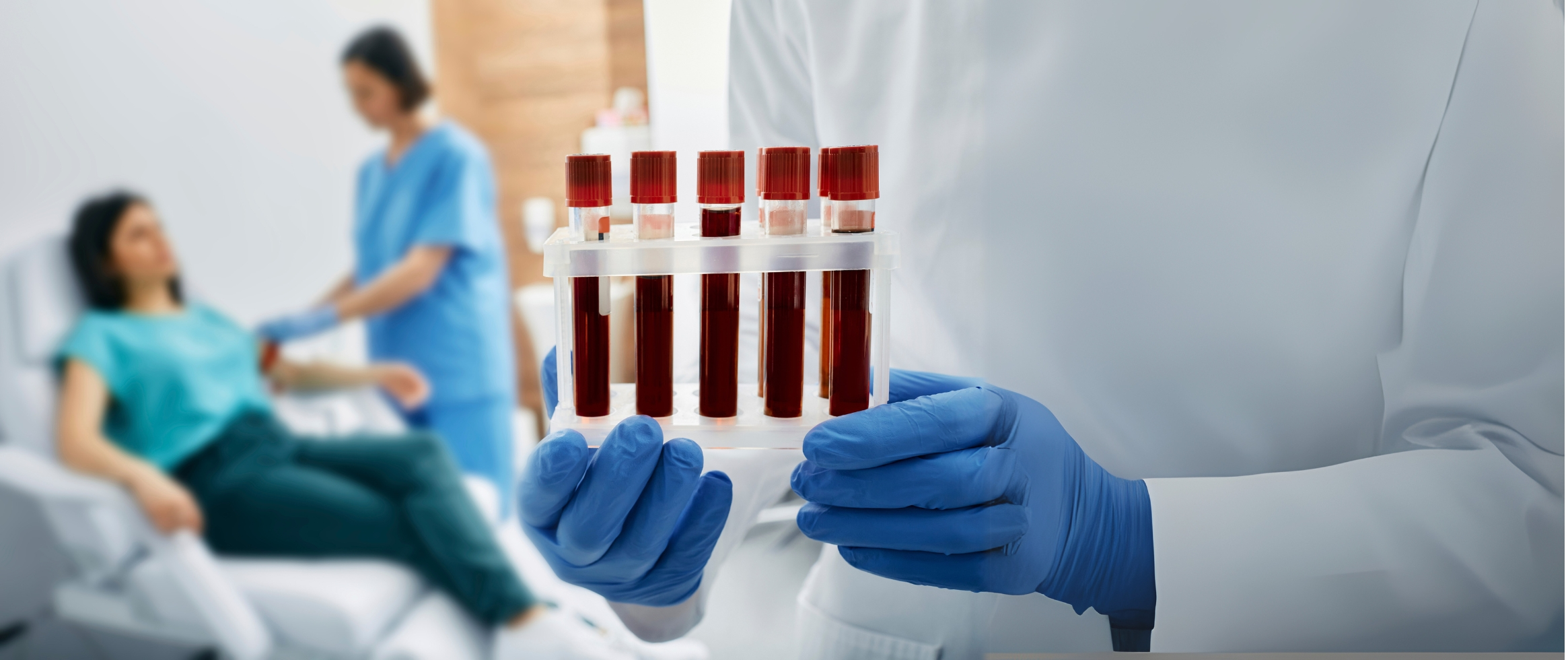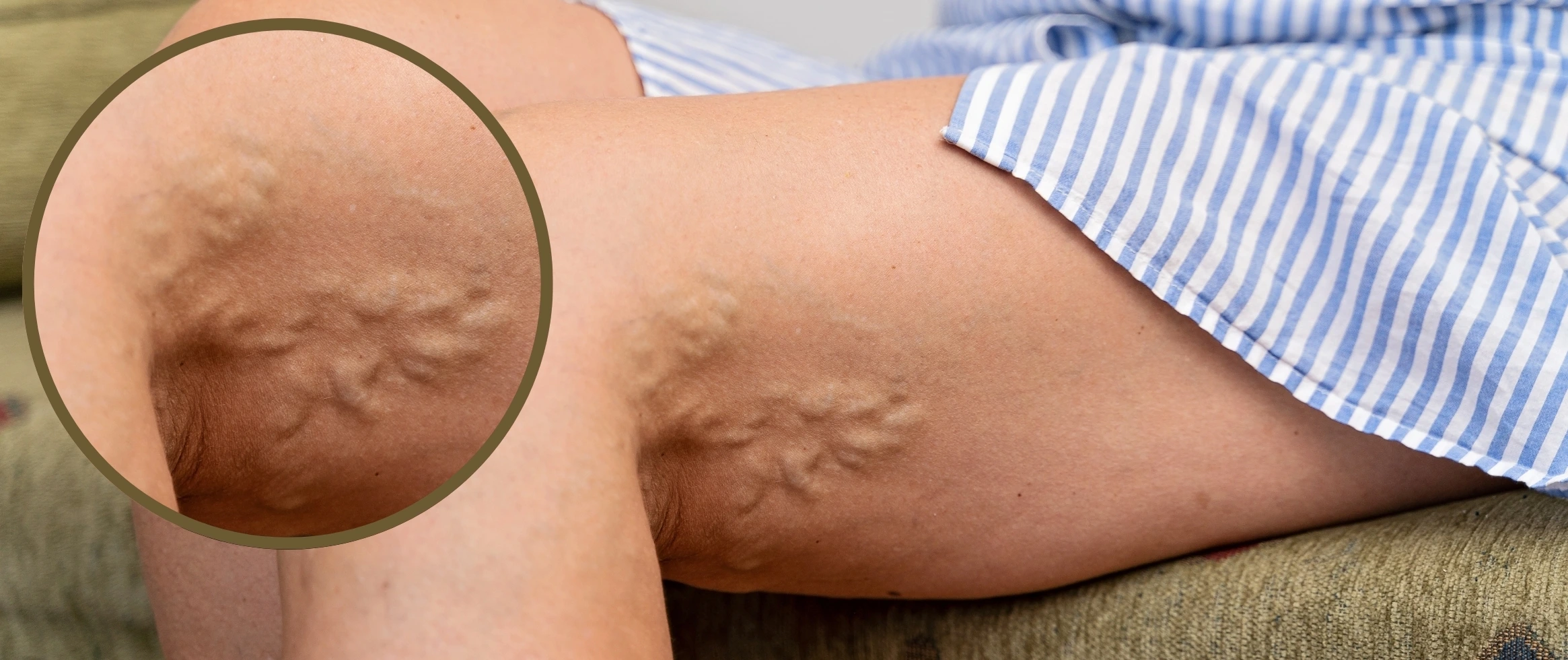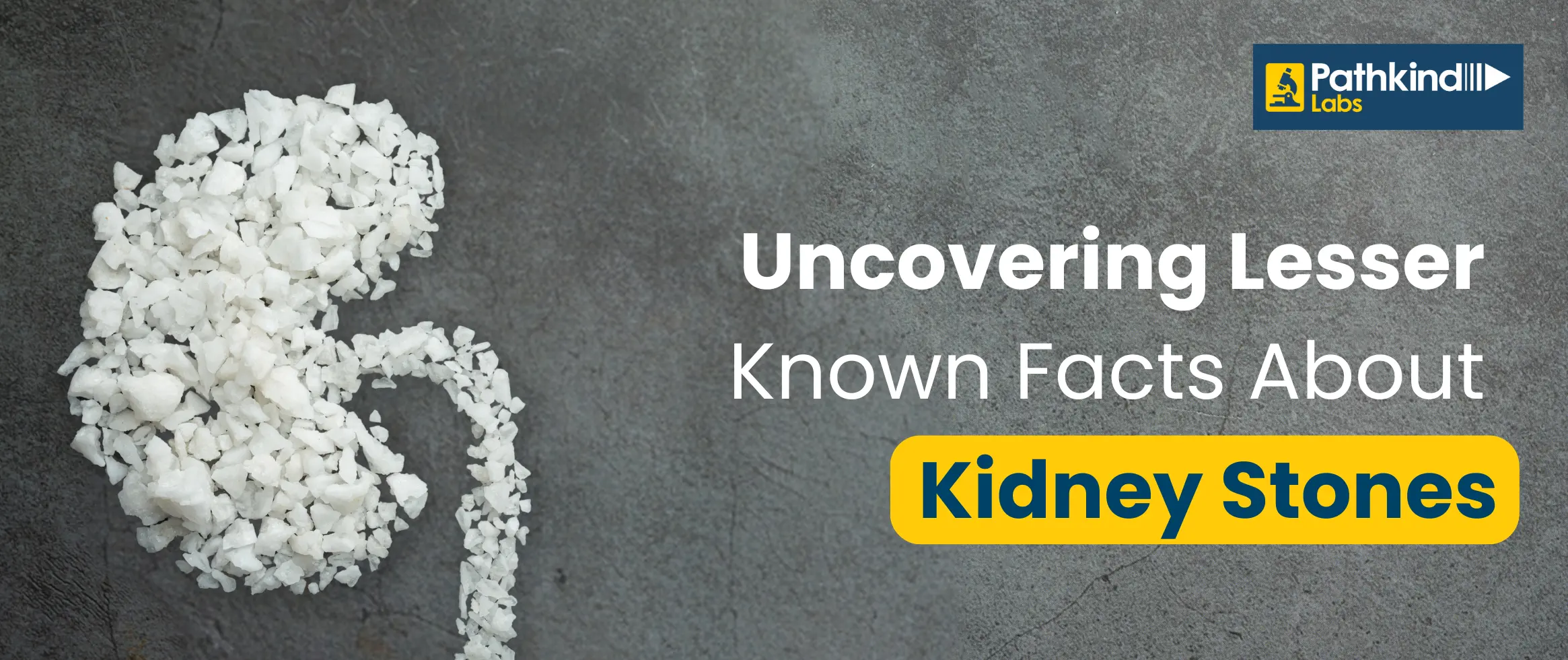Your kidneys perform various critical roles in your overall health. One of its most significant functions is to filter waste products from the blood and eliminate them from the body in the form of urine. The kidneys also serve to regulate the body's water and mineral balance. Our two kidneys are located on either side of your spine and it is the size of a human fist. Renal Profile Advance test is a series of tests that examines the.
What is the Renal Profile Advance Test?
Your kidneys perform various critical roles in your overall health. One of its most significant functions is to filter waste products from the blood and eliminate them from the body in the form of urine. The kidneys also serve to regulate the body's water and mineral balance. Our two kidneys are located on either side of your spine and it is the size of a human fist. Renal Profile Advance test is a series of tests that examines the.
It comprises several parameter tests on renal function. To assess the kidneys' health, the renal advanced test examines many parameters in the blood, such as proteins, minerals, electrolytes, and sugar. Your blood and urine samples are required to perform the Renal Profile Advance Test. The advanced renal profile test includes the majority of the blood tests required for vital kidney health monitoring. Renal profile advanced test aids in the early identification of renal disorders. These assessments support maintaining the treatment plan. The clinical procedures that are most useful for determining renal function are obtaining an estimate of the glomerular filtration rate (GFR) and testing for proteinuria (albuminuria). This test is also recommended to obtain images for medical procedures like biopsies.
Steps of Renal Profile Advance Test
- Blood urea nitrogen (BUN)
- Ultrasound, CT scan, Biopsy
What is the Purpose of the Renal Profile Advance Test?
This profile test is beneficial in identifying patients with early chronic kidney disease and managing patients with early diabetes mellitus to avoid or delay the onset of diabetic renal damage.
Renal Profile Advance Test is useful for:
- Early identification of a health condition that might be dangerous for a healthy life
- Increase the probability of receiving early treatment
- Consistently monitoring pre-existing medical issues to reduce the chance of complications
- Permitting yourself to actively participate in your medical care
What Does the Renal Profile Advance Test Diagnose?
An advanced renal test is the most reliable method of determining how well the kidneys are working. As stated above, the kidneys are extremely vital to the health of the human body. Any kidney damage hinders it Renal Profile Advance Test from smooth functioning and disturbs the filtering process. To find out if the kidney has suffered any damage, this test is conducted. The test can also be used to track the body’s responses to continuing kidney treatment.
The Renal profile advance test diagnosis help in the:
- Glomerular Filtration Rate
- Bun / Sr. Creatinine Ratio
- Blood Urea Nitrogen (Bun)
Who Needs the Renal Profile Advance Test?
A single symptom may not indicate anything significant. When these symptoms occur at the same time, it indicates that your kidneys are not operating properly. Renal profile advance testing can assist in determining the source. If you have any of the below symptoms, you should get Renal Profile Advance Testing.
- Contamination in the urine
- Frequent urination and trouble starting to urinate
- Swelling of the hands and feet is caused by a fluid build-up in the body
Several kidney disorders might be initially undetected and then develop into more serious conditions within no time.
Preparation and Procedure of the Renal Profile Advance Test
For urine sample:
A 24-hour urine sample and a blood test are typically required for renal profile advance tests.
For a creatinine clearance test, 24-hour urine is used. It allows your doctor to estimate the daily amount of creatinine your body excretes. Urinate in a container provided to you by the doctor throughout the day and night as instructed. Throughout the collecting procedure, keep the container covered and chilled. Take precautions and carefully label the container clearly and educate your other family members about why it's in the refrigerator to avoid any contamination. Urinate into the container as soon as you wake up on the second day. The 24-hour collection procedure is now finished. Observe your doctor's instructions regarding where to submit the sample.
For blood sample:
BUN and serum creatinine tests require blood samples. An elastic band is first tied around your upper arm by the technician drawing the blood. This makes the vein prominent. The technician next cleans the region surrounding the vein. Your skin is punctured by a hollow needle and then inserted into a vein. Back into a test tube that will be submitted for the blood to be sent for analysis in the lab. The needle pricking into your arm may be a painful squeeze or prick. The puncture site will be covered with gauze and a bandage.
The standard method for estimating GFR is to use polysaccharide inulin for the assessment of GFR. To find out the rate of inulin clearance, blood levels must be measured after the administration of inulin after a specified period.
Understanding of the Renal Profile Advance Test
In an adult male, the typical GFR ranges from 90 to 120 ml per minute. End-stage renal failure that needs renal replacement therapy, such as dialysis, has a GFR of less than 15 ml per minute.
- GFR ranges 90 or greater - Your kidneys are fully functional, and there is only a minimal possibility of any infection.
- GFR value between 60 and 89 - Your kidneys are still functional but you start experiencing various symptoms of renal disease.
- GFR Range between 30 and 59 – The functional ability of your kidney is deteriorating and you exhibit symptoms of kidney disease.
- GFR value between 15 and 29- The kidneys are not working properly and have moderate to severe damage.
- GFR value less than 15 - You need to have kidney dialysis or a kidney transplant since your kidney functions almost failed.
Age and gender have an impact on the reference range for serum urea and creatinine. Apart from pathogenic variables, the presence of electrolytes in urine depends on hydration levels, the length of urine collection, and reference intervals determine the clinical findings.
According to the doctors, for males and females, if the creatinine value is above 1.4 and 1.2, respectively, it's an alarming sign of renal disease. According to medical professionals, the normal range of urine albumin is 30 milligrams per gram (mg/g) or less. Anything higher than this is a potential risk factor for cardiovascular disease and signals renal dysfunction.
If you have blood in your urine, it may be red or have a tea or cola colouration. When you have an infection, your urine gets cloudy and foamy in consistency and is certain of kidney disease. The presence of other undesirable substances, such as protein, sugar, pus, etc., are also signs of kidney disease and must be treated early to prevent severe effects.



 NABL approved
NABL approved  Most Trusted by
Most Trusted by  Accuracy &
Accuracy &  Widest Range
Widest Range 






























